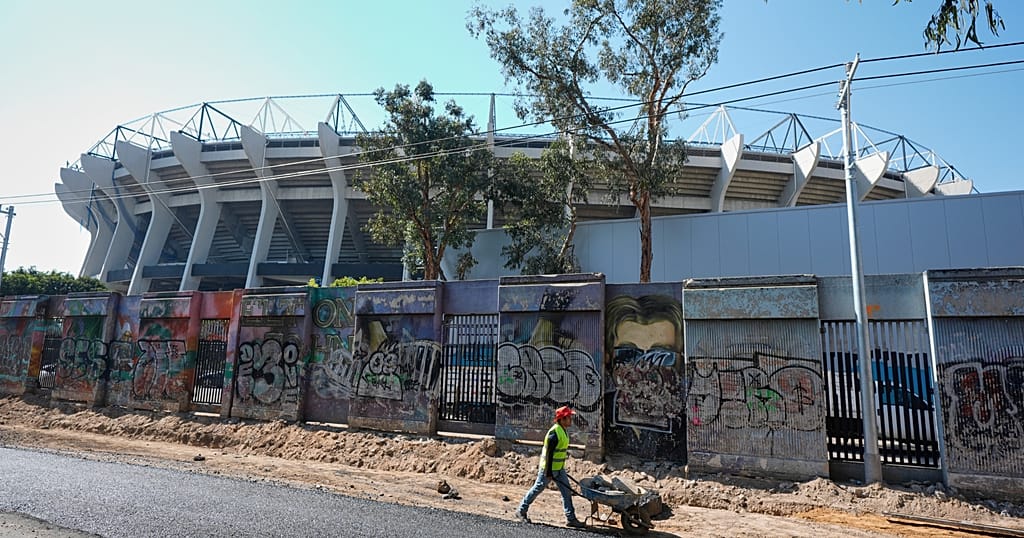Nigeria’s push to grant full autonomy to its local governments remains hamstrung by a constitutional provision that mandates shared financial accounts between state and municipal authorities, according to a governance expert. Dr. Mcphalane Ejah, Country Director of the International Training Research and Advocacy Project (ITRAP) and a member of the Chatham House, highlighted the persistent challenge during an interview in Calabar, emphasizing that superficial reforms ignore deeper structural barriers.
Speaking to the News Agency of Nigeria, Ejah argued that a section of the Nigerian constitution permitting joint accounts between states and local councils undermines grassroots governance. “This arrangement makes it nearly impossible for councils to act independently or prioritize community-led development programs,” he said. He described ongoing efforts to decentralize power as “an academic exercise” until the legislative framework is revised. “The political class isn’t genuinely committed to systemic change,” he asserted, calling for constitutional amendments to repeal the contested provision.
The debate over local governance autonomy has lingered for years, with repeated attempts to revise the constitution stalling due to procedural hurdles. Ejah clarified that altering the law requires approval from two-thirds of Nigeria’s 36 state legislatures—a threshold yet to be met. He addressed recent moves by President Bola Tinubu’s administration, which directed that federal allocations to local governments bypass state intermediaries and flow directly to council accounts following a Supreme Court ruling. While the decision aimed to curb financial mismanagement, Ejah cautioned that executive directives alone lack legal permanence.
“A Supreme Court judgment doesn’t override the constitution. Without formal amendments endorsed by the states, such measures are temporary fixes,” he explained. The current process, he noted, sidesteps the participatory democratic requirements needed to cement lasting reforms.
Nigeria’s three-tier federal structure has long faced criticism for concentrating power and resources at the state level, leaving local councils reliant on governors for funding. Advocates argue that genuine autonomy would improve public service delivery and accountability in communities. However, resistance from state politicians, who risk losing control over council budgets, has slowed progress. Ejah’s remarks underscore a recurring theme in Nigeria’s governance challenges: legal and political frameworks often lag behind public demand for institutional transparency.
As the Tinubu administration navigates these complexities, the path to meaningful decentralization hinges on bridging the gap between judicial interventions and constitutional overhaul—a task that demands broader consensus in a nation where regional power dynamics remain deeply entrenched.



